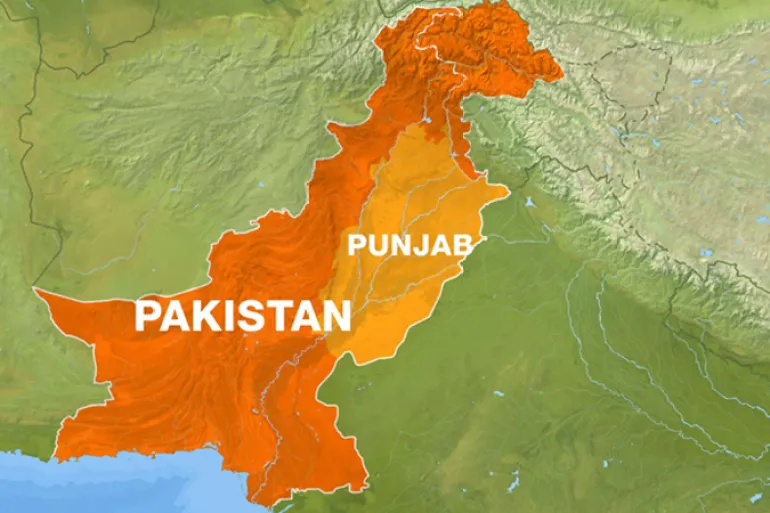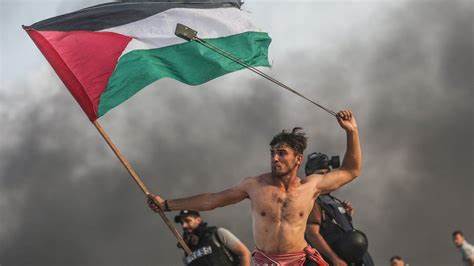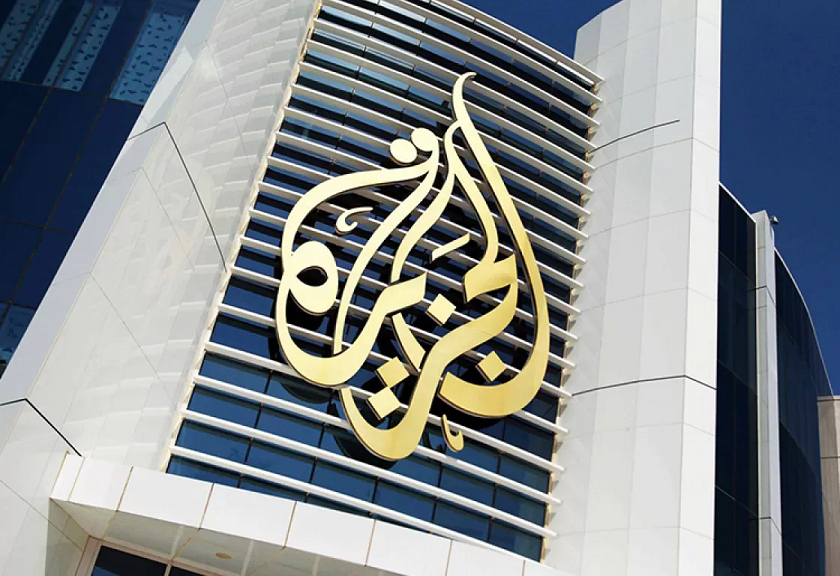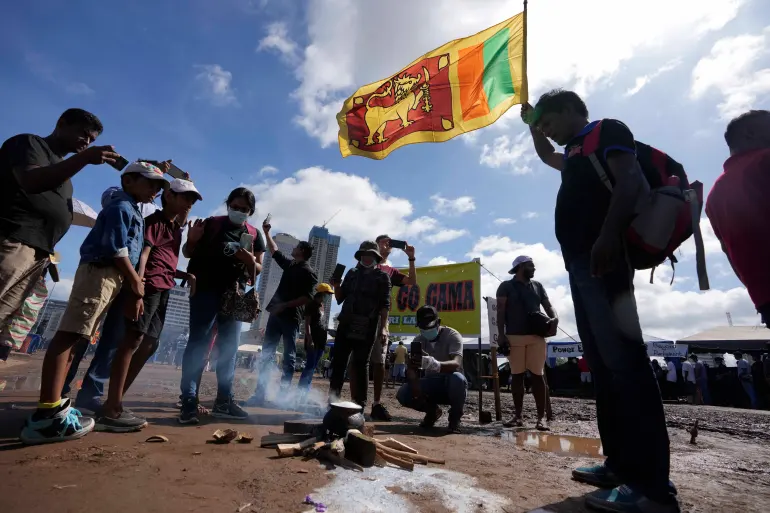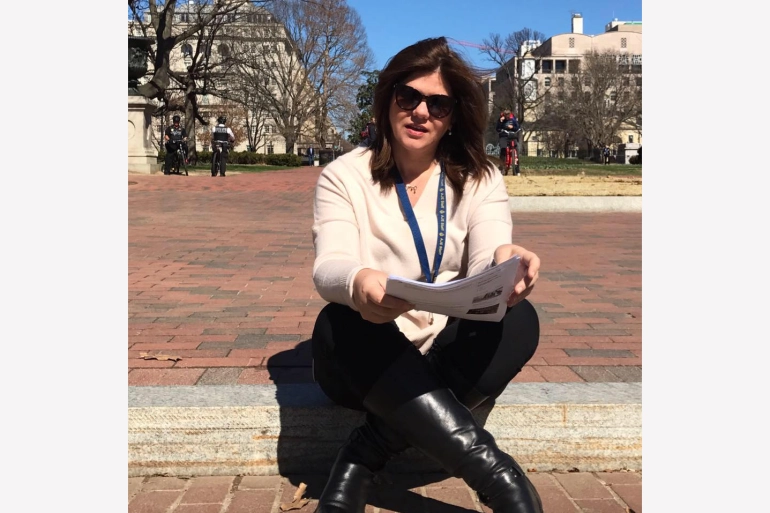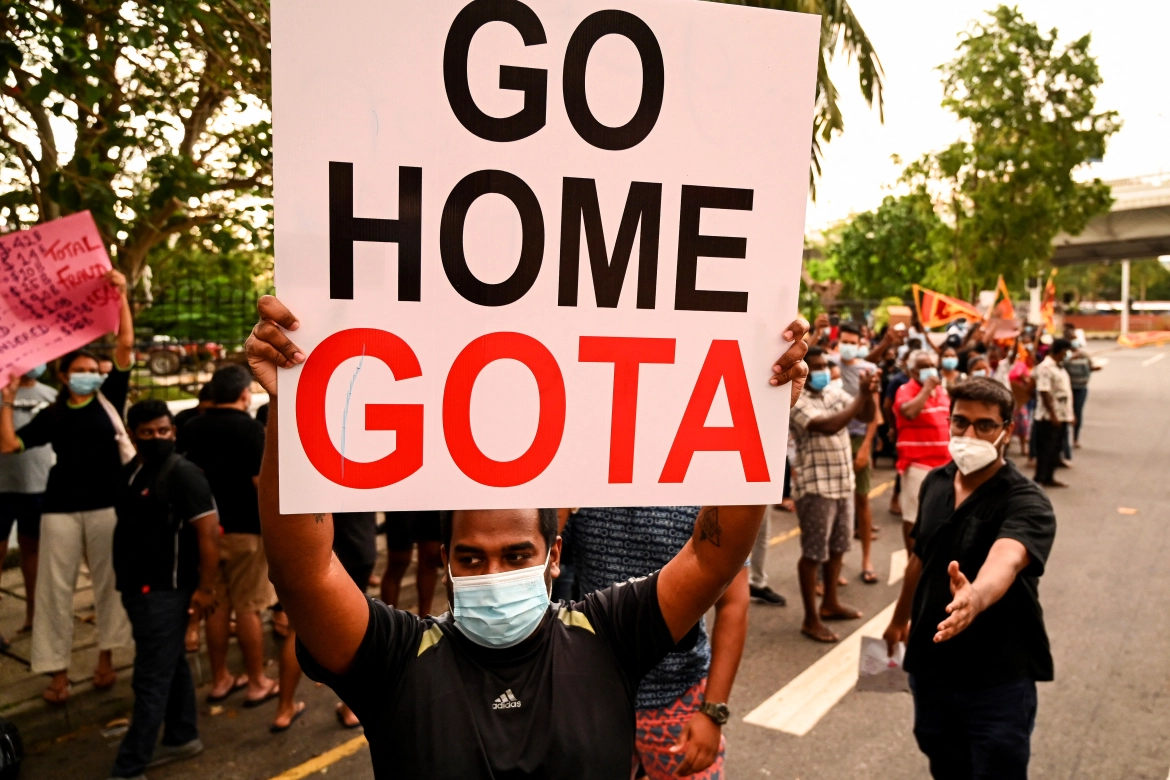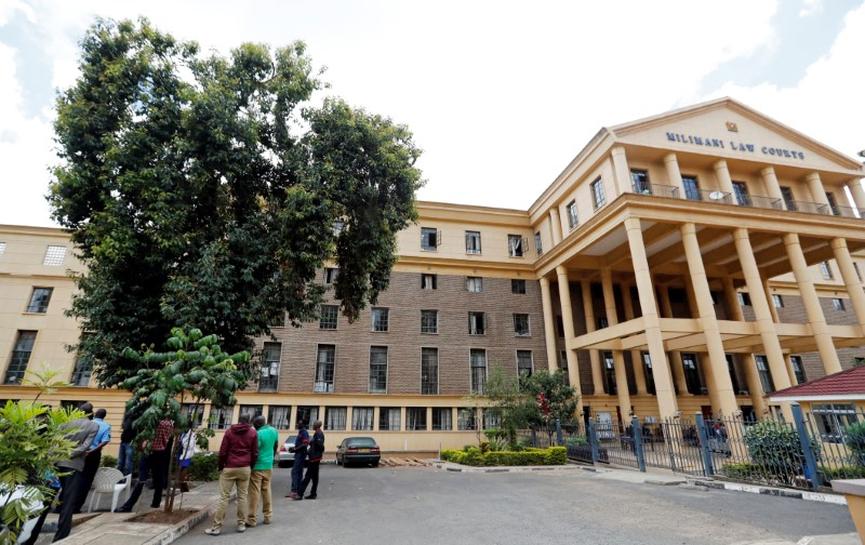Amnesty: Thousands suffer from devastating drought and famine in Madagascar
![Madagascar [Reuters]](https://liberties.aljazeera.com/resources/uploads/2021/10/1635329968.jpg)
Madagascar [Reuters]
According to a new report by Amnesty International, Southern Madagascar is experiencing its worst drought in 40 years.
The report, It will be too late to help us when we are dead, states that more than a million people in Madagascar are on the brink of famine and thousands are already facing famine-like conditions
The report states that children are being robbed of their futures, as hunger forces many to drop out of school to seek work to support their families. Parents are also reluctant to send their children to school on an empty stomach.
The crisis is also placing a disproportionate burden on women and female-headed households, which often rely on agriculture for a living.
“We can no longer accept that the poorest, most marginalized groups in society are the ones paying the highest price for the actions and the failures of the world’s biggest emitters of carbon dioxide,” said Amnesty secretary general Agnès Callamard.
Drought and climate change
The amnesty report links the drought to climate change.
Speaking to Al Jazeera, Amnesty’s regional researcher Mandipa Machacha said: ‘Droughts and periods of famine in southern Madagascar are chronic. But this drought has been particularly severe and although there has not been an attribution study linking climate change to this drought there is significant data that suggests this. Temperatures in the region have increased and the rain has become more erratic. The 2020/2021 rainfall was the fifth year of below average rainfall in the South, these changes are consistent with climate change impacts. The UN has said that Madagascar is on the brink of the first climate change famine. ‘
The drought is expected to become increasingly severe.
Amnesty International is calling on wealthier countries to substantially increase their financial contributions for human rights-consistent emission reduction and climate adaptation measures in less wealthy countries.
Machacha says: ‘Countries like Madagascar bear the biggest brunt of climate change, this is a huge injustice. So countries that have contributed the most to climate change must also provide additional resources and access to remedy, including compensation, to people, like those in Madagascar suffering from the famine, whose rights have been negatively affected as the result of loss and damage caused by the climate crisis.’
- Most Viewed
- Most Popular


